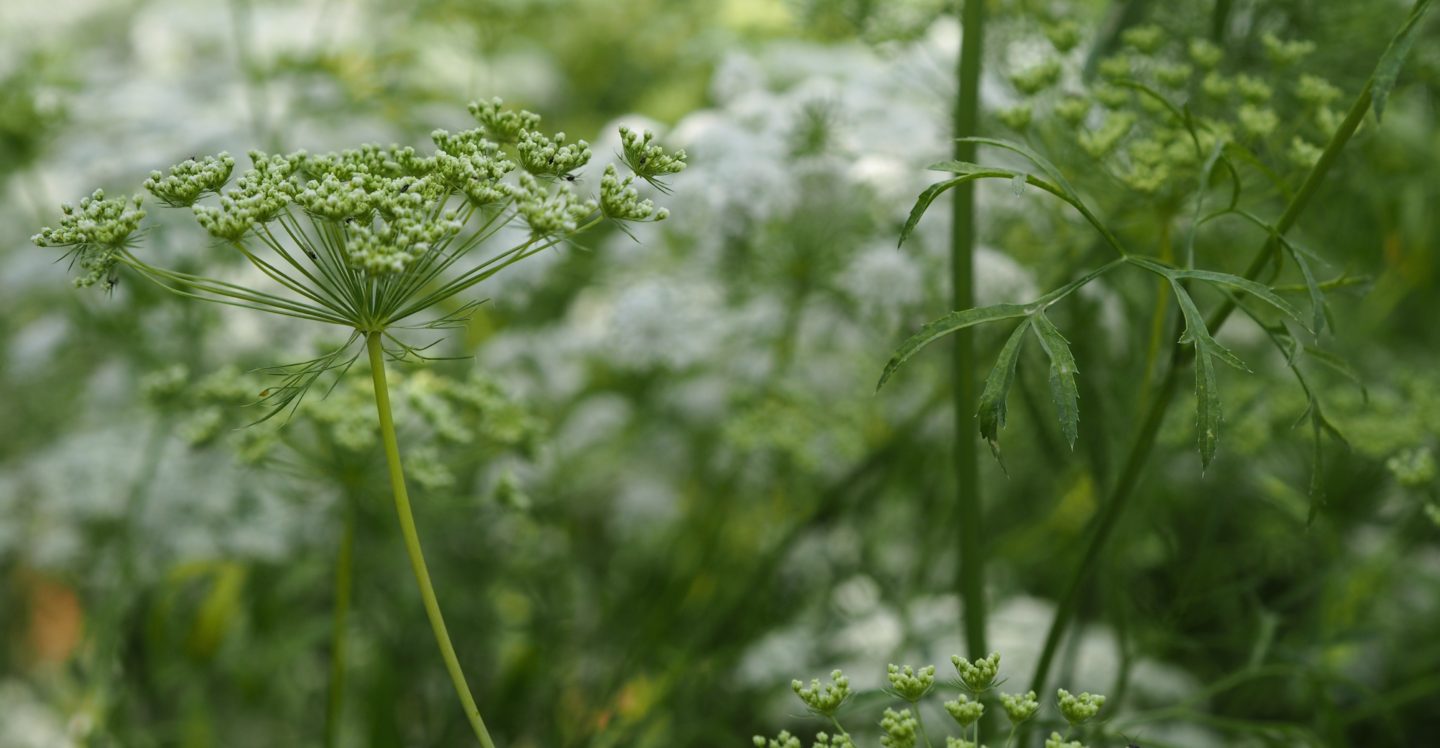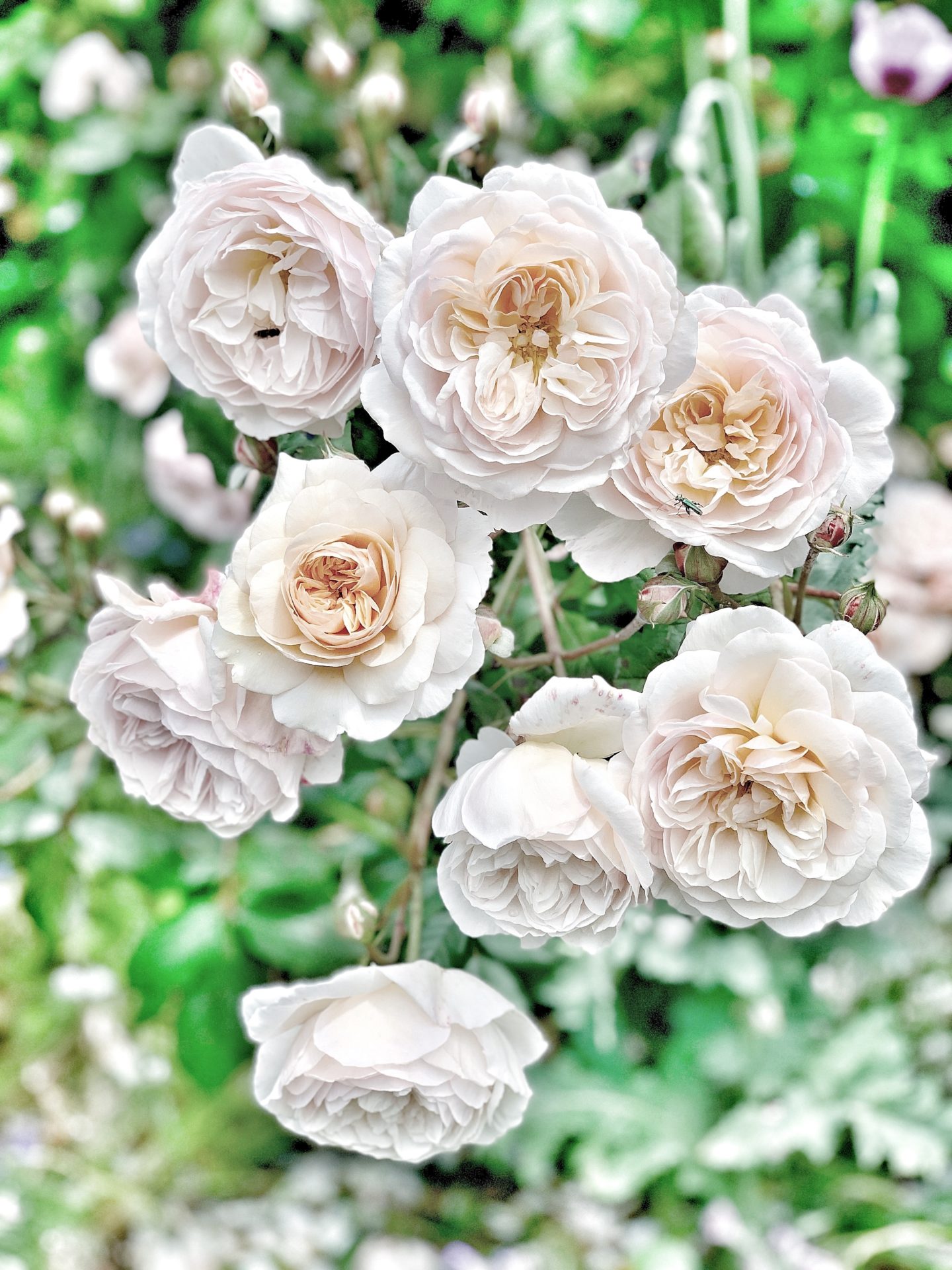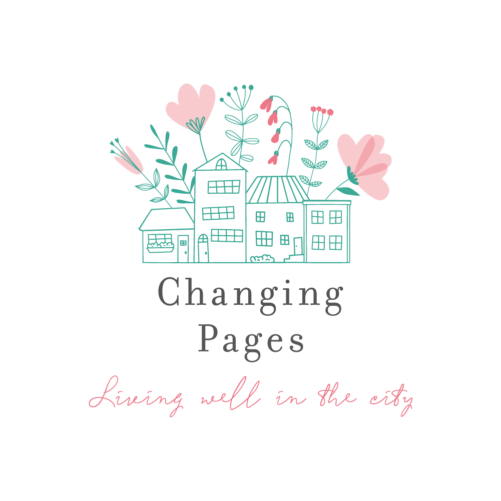I recently wrote about
The Wild Remedy, a beautiful book by Emma Mitchell which diarises a year in the writer’s life when she battled with mental health and found solace and healing in nature.
Since reading this I have wanted to explore a little more the positive benefits to mental health and physical well being of not just nature, but the act of gardening too. I should start by saying my knowledge of gardening is really quite small. I know the difference between a fox glove and a holly hock and I’m a regular creator of summer pots in our garden. In fact this year I have even grown Dahlias but I am clearly no expert. I would love to say what I lack in knowledge, I make up for in enthusiasm, but if i’m honest, even that isn’t entirely true. I enjoy garden pottering but I’m probably more proficient at garden sitting or wandering!
However, despite all that I really believe in the powerful and positive effect of being amongst nature, of planting things and watching them grow. Far greater minds than mine also believe this to be true. Research has shown that simply viewing a green space though a window can help people relax and reduce stress levels.
So, what are the benefits of gardening?
Physical Benefits of Gardening

Physical exercise in a nature setting appears to have a greater effect than exercise in an ‘unnatural’ setting (Pretty et al 2007) This is something I know to be true from my own experience of exercise. I am much happier exercising in the outdoors than within the artificial air conditioned walls of a gym.
Unlike many physical activities gardening in various forms is something which can be enjoyed even if you don’t have particularly good physical health to begin with. Gardening isn’t all about heavy digging and being a skilled contortionist as you bend and stretch and twist. Even if gentle stretching to prune bushes or walking though the garden with a watering can is all you can manage, the physical act of doing just that might be a way of improving your strength and general wellbeing. You may find as time goes on you are able to do a little more each day
Gardening can help build endurance and physicality which can strengthen the heart and reduce the risk of heart attacks and strokes. Squatting to pull up weeds, or to plant seeds or plants is good for toning quads and buttocks. Cutting back hedges and the repeated use of clippers can improve triceps and biceps. Bye bye bingo wings!
In some areas GP’s are now even prescribing gardening as a form of treatment with projects such as
The Growing Health Project run by Garden Organic and Sustain meeting this need.
Emotional Benefits of Gardening
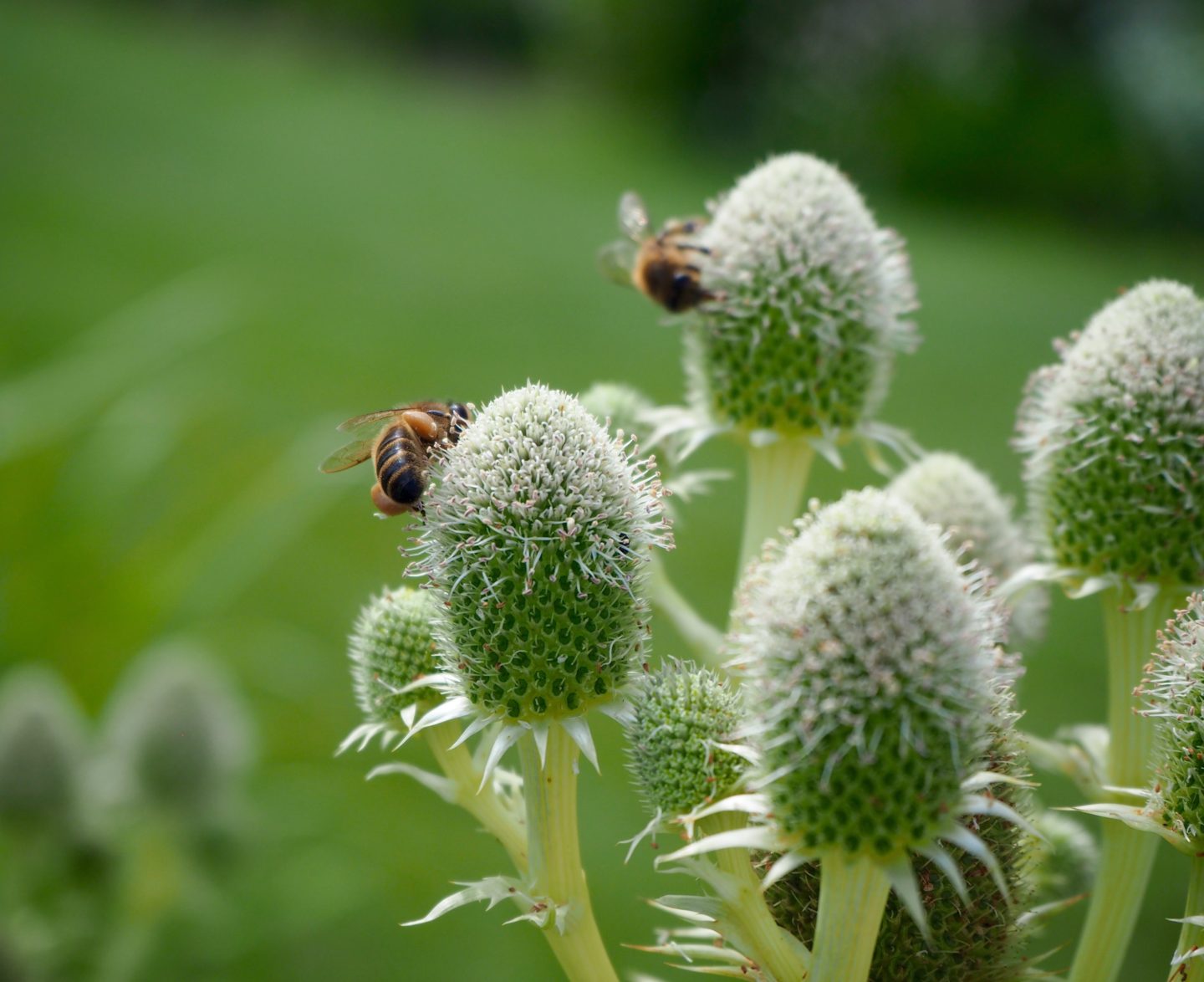
There is lots of evidence to show that gardening and the activity of gardening and other nature based activities can be effective in reducing stress and stress related illness.
Being outside amongst things which are alive and growing can improve mood and reduce feelings of anger or anxiety. There is a quiet calm that comes from being amongst nature which is hard to find in most other places. Nature and in turn the garden is cyclical and dependable. Trees turn golden and red in autumn eventually shedding their leaves. They lay bare throughout winter. Spring comes and new shoots begin to show. Life returns, fresh green leaves grow and flourish through the summer months until Autumn takes hold again. This can be immensely comforting and something Emma Mitchell talks far more eloquently about in her book The Wild Remedy than I ever could.
Mindful Gardening
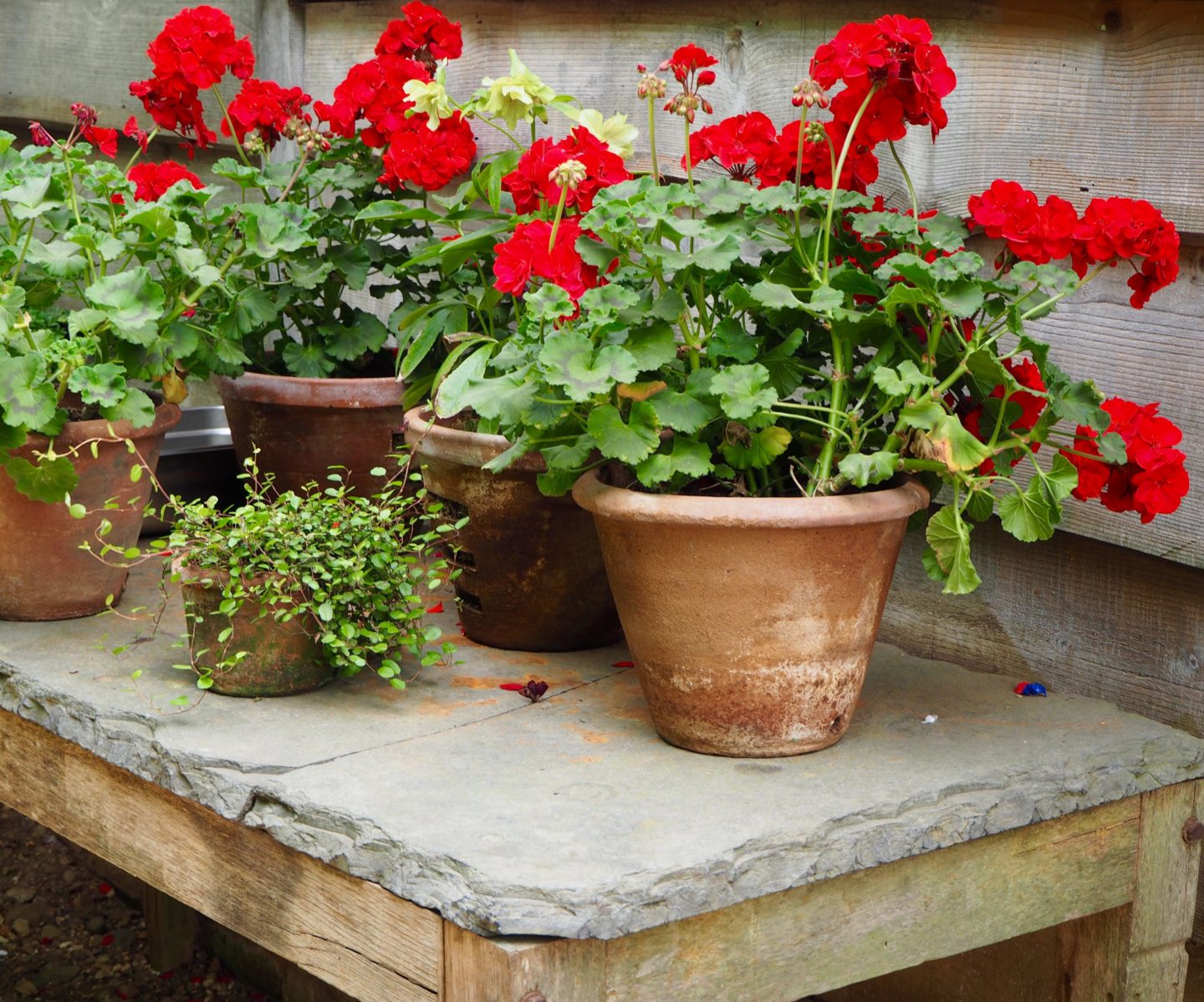
“Your garden can serve as a precious sanctuary from the frenetic pace of modern life. Regard it as such and you will have an effective remedy just beyond your doorstep”
– Ark Redwood from The Mindful Art of Gardening.
I have written about mindfulness before and it would seem appropriate to mention it again here as gardening seems to lend itself fully to this practice. Being present in the moment and focusing attention on the activity in hand feels easier to me in the pursuit of gardening than it does in many other pursuits. Being caught up in the shape and detail of a flower or the repetition of dead heading or pruning feels somehow natural. An evening potter is a perfect opportunity to be present in the garden, thus removing yourself from the stresses and strains of daily life.
Growing your own food

Planting something, watching it grow, tending it, watering it and eventually harvesting it is a wonderful feeling. Food that has come directly from the ground always tastes better. Who doesn’t remember the taste of new potatoes cooked when warm from the soil and still dusted with earth. Or the sweetness of sun kissed tomatoes plucked from the vine. Gathering something you have grown yourself is instantly rewarding. We used to have a plum tree which each year was prolific in its production of plums. Little gave me more joy at that time of year than gathering them in bowlfuls and turning them into tarts or jam for when the months inevitably turned colder.
Garden Without A Garden
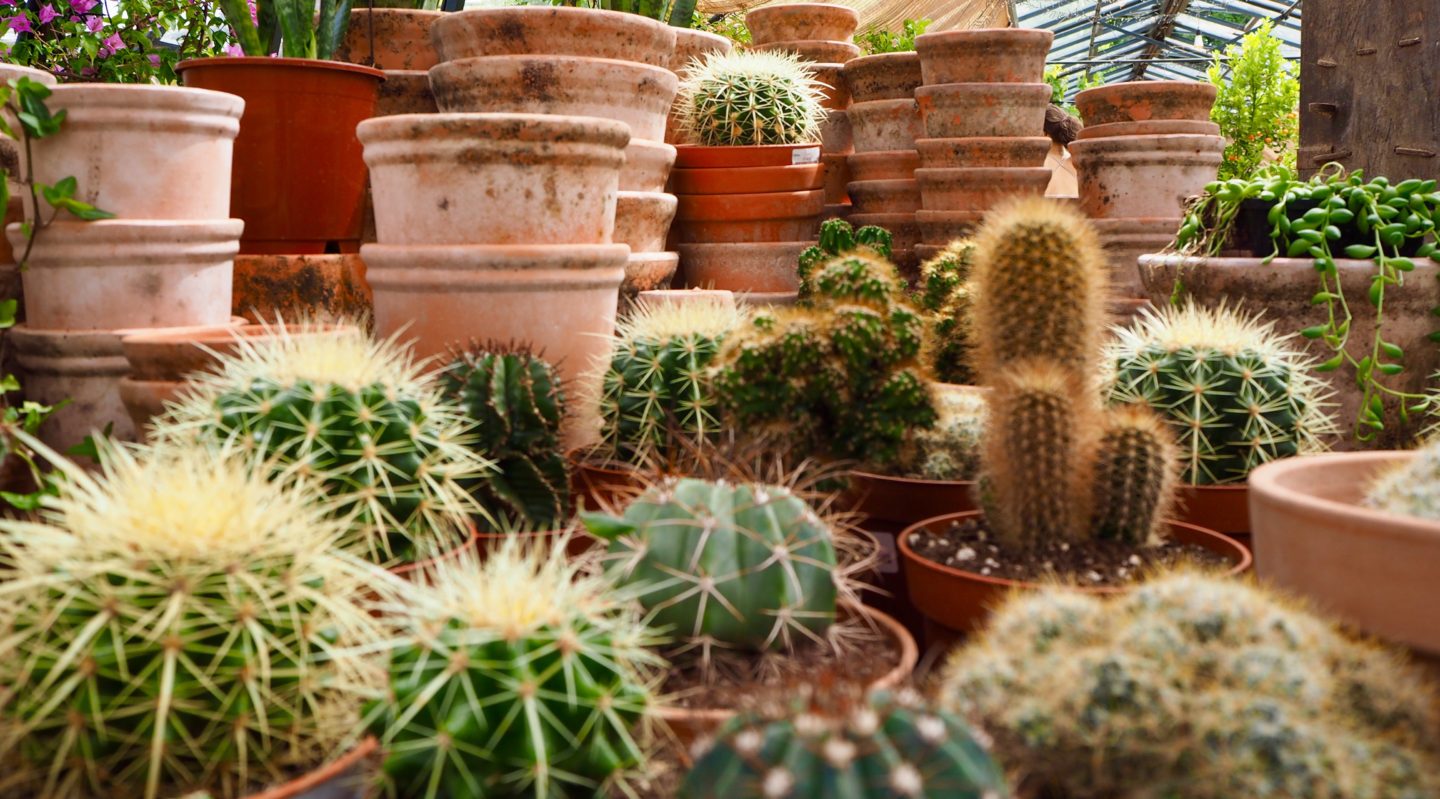
Not every one will be lucky enough to have their own garden and it may be that growing herbs on a window sill although rewarding doesn’t quite cut it for you. If that’s the case consider finding somewhere that you can go to ‘pick your own’. If you live in the country, this may be easier to do, but even in London there are farms not too far away where you can go and pick your own fruits and flowers. I had a recent visit with my 13 year old God daughter to
Garsons Farms in Esher. Our ages are widely different but we both equally enjoyed the process of being immersed in fields of produce and flowers. We came home with baskets of fruit and bunches of sunflowers. I’m sure those strawberries tasted better than any other I’ve had this summer. I’m also sure the fact that we had picked them ourselves contributed to that.
This is a wonderful scheme across the UK. It raises money for nursing and health charities by giving access to over 3,500 private gardens throughout England and Wales. This is a great opportunity to visit gardens in your own neighbourhood. The gardens often have plant sales and offer tea and cake to visitors. Its easy to find gardens to visit by visiting the NGS website and using the
find a garden search button.
Gardens to Visit in London
There are gardens small and large all over London waiting to be discovered. Some you will have to pay to enter but many are free and open to all. Below is a very small list of some of my favourites.
Wherever you are in London or beyond, there will be gardens to spend time in.
I hope that however you feel about gardening this has convinced you of the positive heath benefits of rolling up your sleeves, stepping into the fresh air and immersing yourself in plants!
